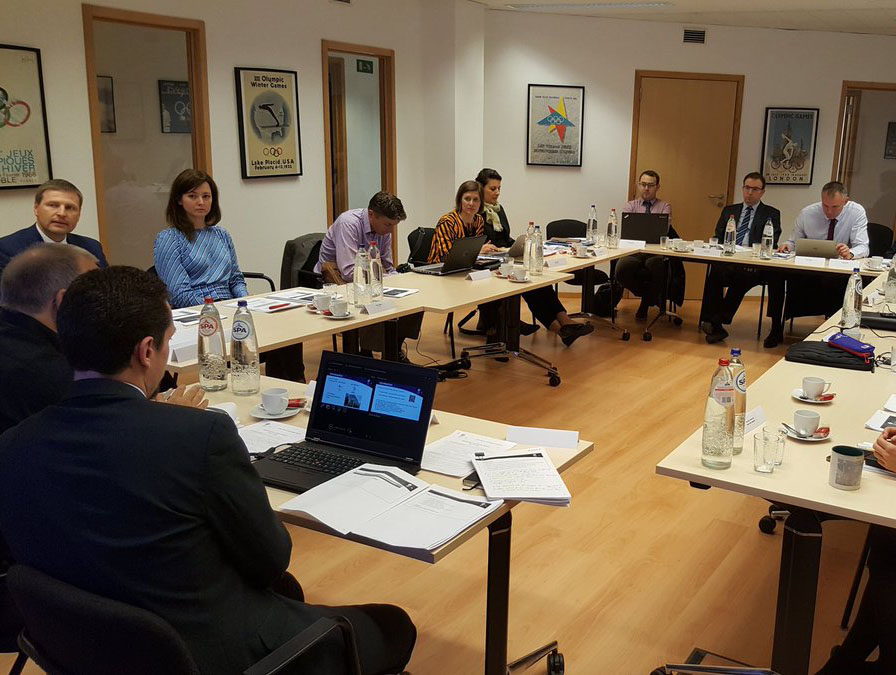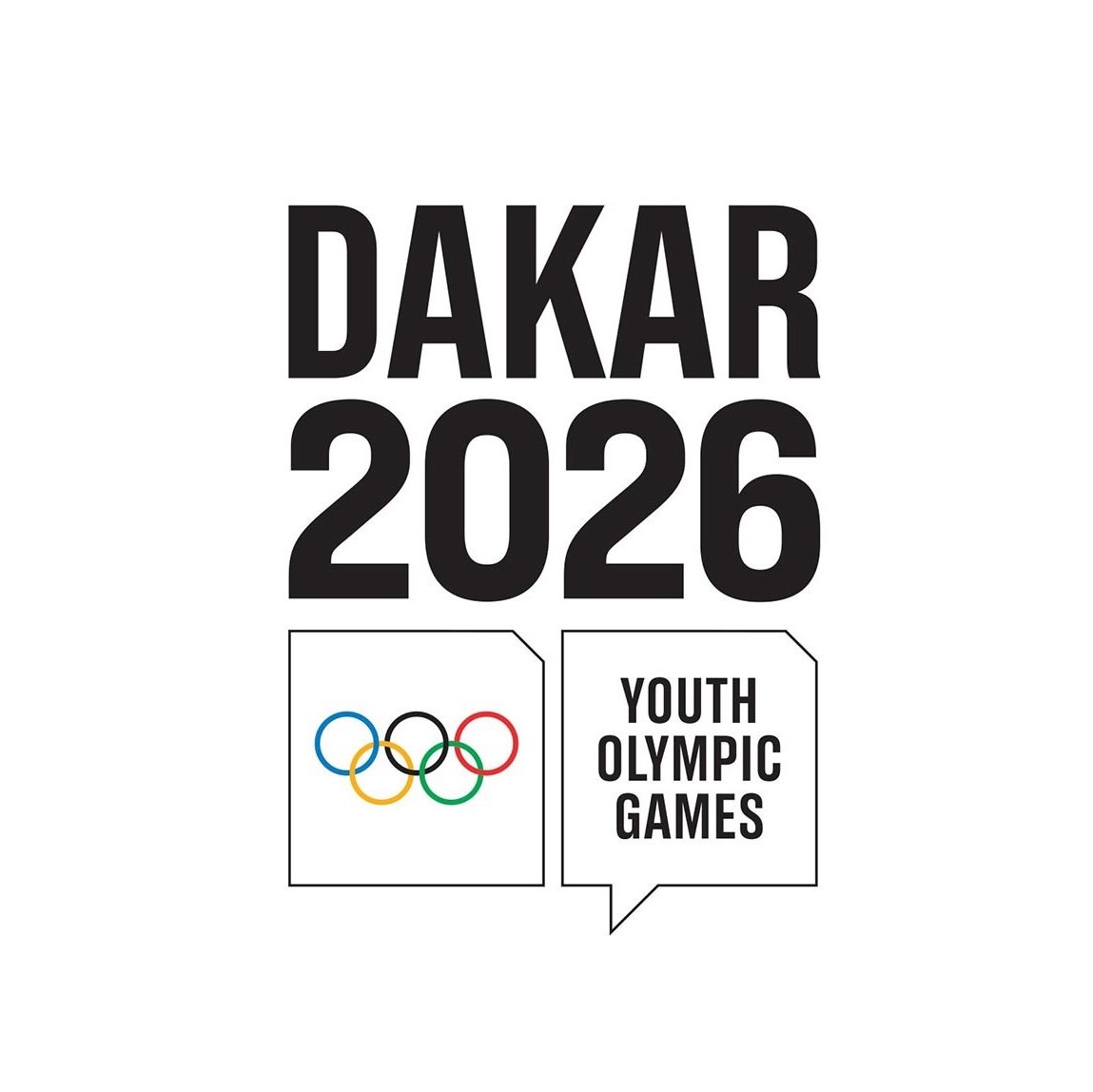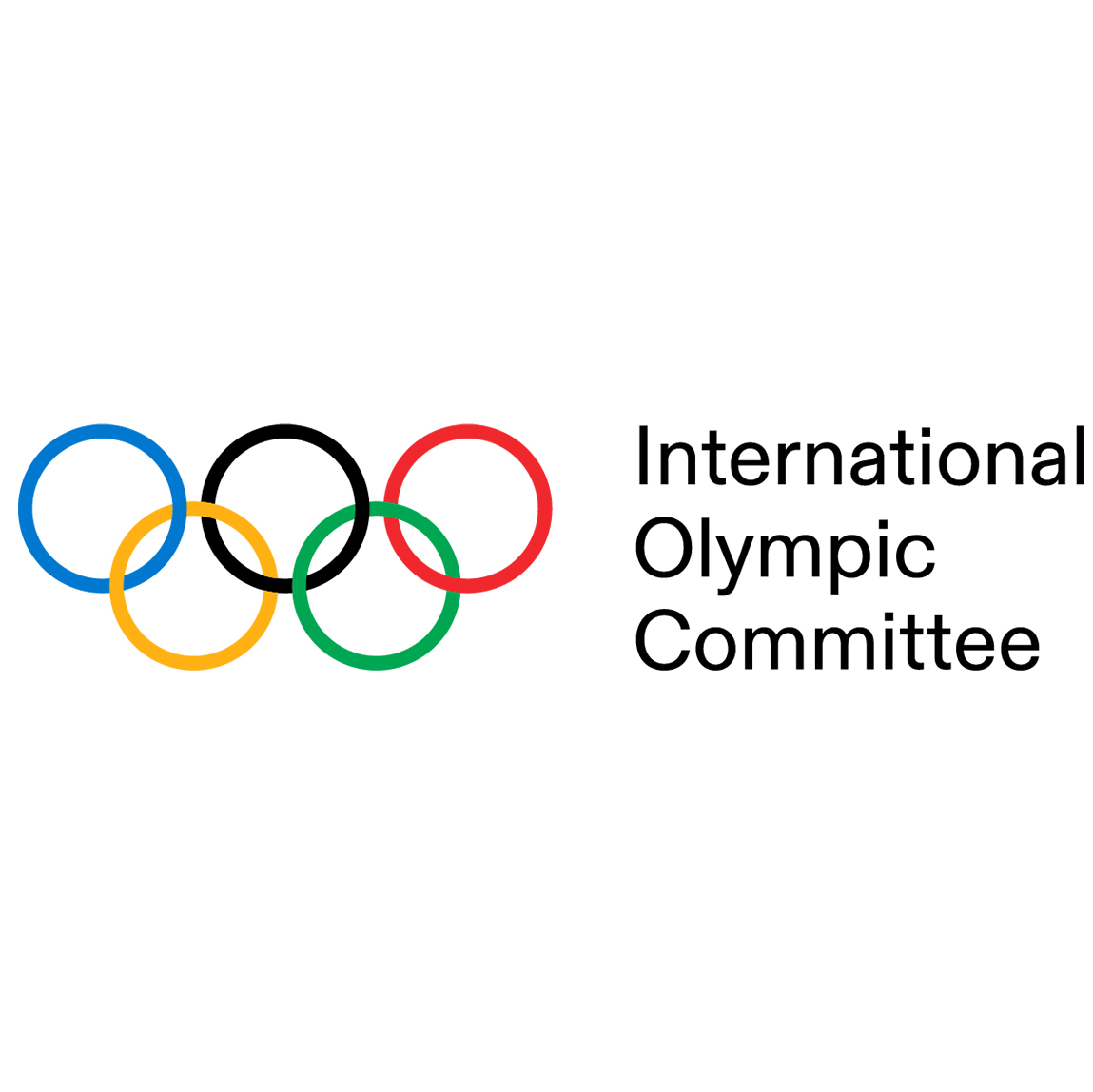
ANNUAL PARTNER MEETING AT THE HOUSE OF EUROPEAN SPORT
The EOC EU Office organised its Annual Partner Meeting, which brings together the different bilateral partner organisations of the EOC EU Office to address the latest developments at EU level regarding sports policy and other EU policies influencing sport, in Brussels last Thursday.
The meeting was attended by 25 participants from 20 different organisations, including 10 National Olympic Committees, 3 European Federations (FIBA Europe, European Athletics and CEV), FIFA, the Swedish Sports Confederation, DFB, ENGSO and the IOC.
After a short introduction and update on recent developments by EOC EU Office Director Folker Hellmund, the new priorities for the upcoming years and an overview of the different services of the EOC EU Office were provided. He also presented the upcoming European Evening of Sports of the EOC EU Office, which will take place in Brussels next 19 June.
In addition, at a round table, the partner organisations shared their own activities and updated each other on the latest developments in their own areas.
Several NOCs, including Italy, Finland, the Netherlands, Denmark, Luxembourg, Norway, Germany and the Czech Republic, shared information on Erasmus+ funded sports projects in which they are engaged.
Yves Le Lostecque, Head of the European Commission Sport Unit, was invited for an exchange of views on the future of EU Sport Policy. He highlighted the positive development in Erasmus+ Sport as the budget for the next year will further increase, up to €47 million for 2018. The new EU Work Plan for Sport 2017-2020 was also discussed, for the implementation of which several partners stressed the need to ensure close cooperation with the sports movement’s various working structures.
The EOC EU Office also provided a detailed overview of the current policy fields at the European level that are relevant to sport. The pending antitrust case involving the International Skating Union was discussed in detail, since the case could have major consequences for sport federations and the organisation of sport in Europe. Other topics that featured on the agenda were: the Erasmus+ Sport Programme, the Digital Single Market and VAT policy.

























